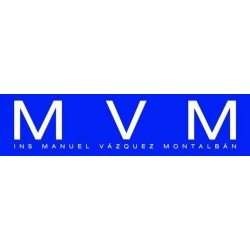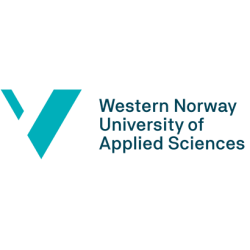Erasmus KA201- Strategic Partnerships in the field of School Education 2019-1-TRO1-KA2O1-077218
Coordinator:
Partners:






The project should be developed transnationally because, as stated at the beginning, the countries which take role in this project are the local actors of the education who are the indicators of the educational and social policies in Europe and dealing with the same problem. So by working cooperatively we wish to support create innovative and new educational methodologies to cope with the multicultural and multilanguage classrooms, and develop our professional skills and learn from each other.
European Council considers needs analysis as the first step in determining learning objectives (Sert,2002: p. 32). The needs of learners in the language learning process can be determined by the teacher through an analysis of personal information and the information of language proficiency and models of language-use. According to Long (2005: p. 1), the determination of learner needs in foreign language teaching is a prerequisite that becomes increasingly more important for efficient course design. According to Lüdtke and Schwienhorst (2010), a full-scale needs analysis is seen as a beneficial tool for a language centre that thinks strategically and seeks long-term development. When the literature has been examined, there has been seen many literature (Richterich& Chancere,1978; Johnson, 1997;West, 1997; Brown, 2009) on the needs and motivation of language learners who learn English or the other most spoken languages as a foreign language, but when we consider the other languages such as Turkish, Greek or Norwegian, there aren’t any research. Also the researches on language learning need analysis focus on specific age group eg. adults, children. In this research, by examining the theories on language learning and motivation, a needs analysis and motivation questionnaire will be developed to analyze the language learning needs and motivation of the foreign born newly arrived immigrants in Turkey, Norway, Spain and Greece. And the answers of the questions below will also be examined;
The research will be designed as qualitative methodology and the data will be collected with a questionnaire developed by the Greek Research Group consisting 3 researchers who are also working as language teachers at the end of the literature review about language learning needs and motivation of the language learners ( September-2019-December 2019). The interview questionnaire will be reviewed by two specialists and a linguist. The research's study group will be the newly arrived immigrants in all partner countries. Due to reduce the sampling error, the number of the calculated samples will be as high as possible and analyze the data appropriately and economically. NVivo programme will be used to analyze the data collected by the students. The questionnaire will be translated also to native language of the learners. The questionnaire will be developed to analyze the needs and motivation of the target group. The questionnaire will be divided to two parts one of them will be divided to two parts, including questions related to demographic traits and needs and motivation. The questionnaire which will be developed in English first and then will be adapted to the other partner countries languages. One teacher working with immigrant students from each partner country except ITU School of Science Technology and Engineering will implement it on students and share the data with the Greek Partner. The Greek partner will analyze it. After the research ended up, The research will be presented at the Symposium in Greece.
At first a mobile digital language learning platform , language notes and worksheets will be designed which will help them to get better social skills, to overcome language problem and to be successful learners. The quality of the language classes will be better as they will be having language classes by mobile technology.
We plan to prepare a teachers' guide and sample lesson plans that how they can use the mobile application as a tool at the classes. There will be also a chapter in the guide that how teachers and students download the programme and use it. It's innovative because the most mobile applications they don't have guidelines that how teachers can integrate them to the classroom programmes. Teacher Guides will support teachers in the planning, implementation and management of the language classes with IDEAL Application. The guide will provide a general introduction to the content, structure and underlying educational philosophy of each unit and it will offer step-by-step guidance on the planning process and advice on different areas of classroom practice such as differentiation, assessment and monitoring. It will also bring together sample lesson plans, teacher training activities and information about further resources and support available from IDEAL website.